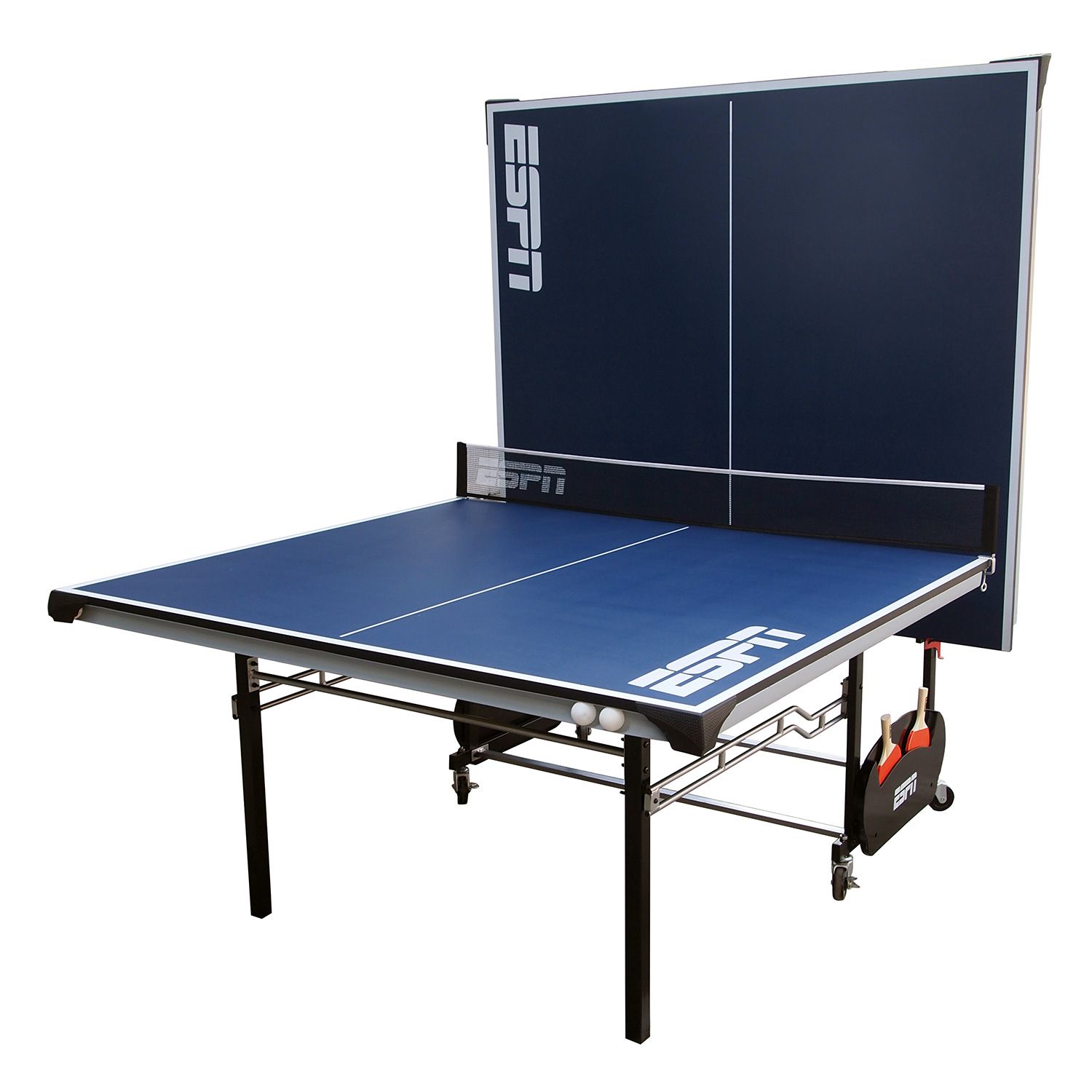Indianapolis, Indiana — Copyright lawyer Paul Nicoletti has sued fourteen additional Doe Defendants, all allegedly located in Indiana, in the Southern District of Indiana on behalf of TCYK, LLC of Los Angeles, California (“TCYK”) alleging infringement of the copyrighted movie “The Company You Keep,” which has been registered by the U.S. Copyright Office. The movie stars Robert Redford, Susan Sarandon, Shia LaBeouf, Anna Kendrick, Julie Christie and Nick Nolte. It was directed by Robert Redford.
TCYK alleges that the infringing transfer and copying of this movie, which was released on DVD on August 13, 2013, was accomplished by Defendants using BitTorrent, a peer-to-peer file-sharing protocol. Specifically, the Doe Defendants are accused of deliberately participating in a peer-to-peer “swarm,” and illegally reproducing and/or distributing portions of the movie in digital form with other Defendants. TCYK indicates in its complaint that it used geolocation technology to determine that the Doe Defendants were located in Indiana.
The complaint lists a single count: copyright infringement. The intellectual property attorney for Plaintiff TCYK asks the court for permanent injunctions prohibiting infringement of Plaintiff’s movie by all Doe Defendants; the destruction of all copies of infringing works in any Defendant’s control; judgment that Defendants have willfully infringed Plaintiff’s copyrighted work; judgment that Defendants have otherwise injured the business reputation and business of Plaintiffs; for actual damages or statutory damages; and for attorneys’ fees and litigation expenses.
Practice Tip:
Under 17 U.S.C. § 504(c)(1), a copyright owner may elect actual or statutory damages. Statutory damages range from a sum of not less than $750 to not more than $30,000 per infringed work. The determination of the exact amount is left to the discretion of the court.
If a defendant fails to appear, the court will take as true all of the plaintiff’s well-pled allegations. That typically leads to a default judgment against the defendant. There is a significant disparity in the dollar amounts awarded in default judgments against defendants in copyright infringement cases involving BitTorrent. In two separate cases, Judge William T. Lawrence recently ordered two defendants who failed to appear to pay $20,000 in statutory damages for copyright infringement that was deemed to have been admitted by the defendants’ failure to defend against the allegations. See here and here. However, in a similar case, Judge Jane Magnus-Stinson ordered an entry of default judgment against a defendant for $151,425. Judge Sarah Evans Barker has issued several default judgments for $36,000 plus attorneys’ fees against BitTorrent defendants who failed to appear.
 Indiana Intellectual Property Law News
Indiana Intellectual Property Law News


